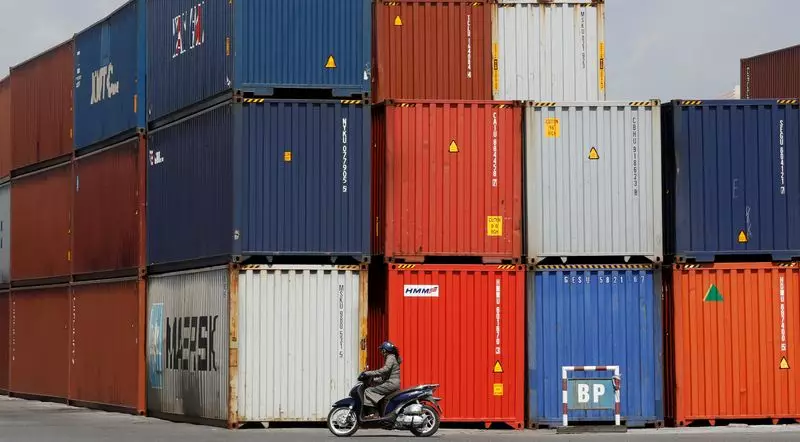The recent decision by the U.S. Commerce Department to continue classifying Vietnam as a non-market economy country has left Hanoi disappointed. This decision comes despite Vietnam’s efforts to demonstrate economic reforms and seek an upgrade that would reduce anti-dumping duties on its imports. The classification of Vietnam as a non-market economy puts it in the company of only 12 other economies, including China, Russia, North Korea, and Azerbaijan.
The decision to maintain the non-market economy classification for Vietnam has been met with mixed reactions. While U.S. steelmakers, Gulf Coast shrimpers, and honey farmers have opposed the upgrade, retailers and some business groups have supported it. Vietnam’s Ministry of Industry and Trade expressed regret over the decision, emphasizing the positive improvements in the Vietnamese economy and the need for fair recognition as a market economy country.
Vietnam has long argued for an upgrade from its non-market economy status, citing recent economic reforms and closer ties with the United States. However, opponents of the upgrade claim that Vietnam still operates as a planned economy under the ruling Communist Party. They argue that Vietnam’s role as a manufacturing hub for Chinese firms undermines U.S. efforts to curb imports from China. Despite Vietnam’s impressive reforms and economic growth, the decision to maintain its non-market economy status reflects concerns about distortions in its economy.
The decision to classify Vietnam as a non-market economy could have implications for U.S.-Vietnam relations. Washington has sought to strengthen ties with Vietnam as part of its strategic competition with China. However, some analysts believe that the decision may hinder progress in bilateral relations. Vietnamese leaders see the decision as a setback in their efforts to normalize relations with the U.S. and enhance economic cooperation.
Critics of the decision to keep Vietnam classified as a non-market economy have described it as “ridiculous” and “out of whack” with the reality of Vietnam’s market environment. They argue that Vietnam’s market is as free as many others not on the non-market economy list and question the rationale behind the decision. The decision has also raised concerns about the impact on U.S. supply chains and the Biden administration’s efforts to shift away from reliance on China.
The decision to maintain Vietnam’s non-market economy status raises questions about the direction of U.S. trade policy under the Biden administration. While some argue that the decision reflects industry concerns about unfair competition, others see it as a missed opportunity to strengthen economic ties with Vietnam. The decision could have long-term implications for U.S. trade relations in the region and may impact future efforts to address economic distortions and promote fair trade practices.
The decision to classify Vietnam as a non-market economy highlights the complexities of U.S. trade policy and the challenges of balancing economic interests with strategic considerations. Despite the disappointment in Hanoi and criticism from analysts, the decision reflects broader concerns about the need for fair trade practices and the impact of global economic distortions on American industries. The future of U.S.-Vietnam relations will depend on how both sides navigate these challenges and work towards a more balanced and mutually beneficial economic partnership.

